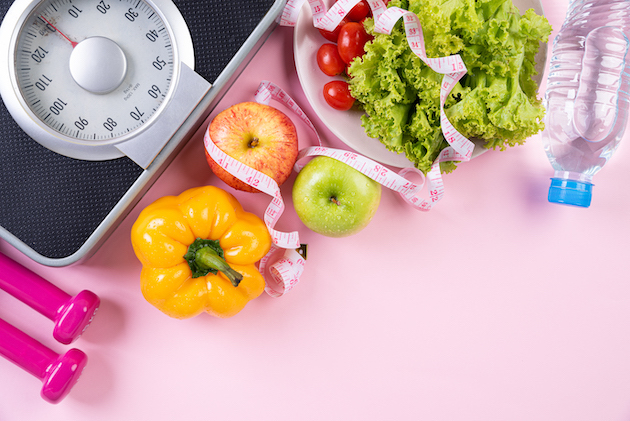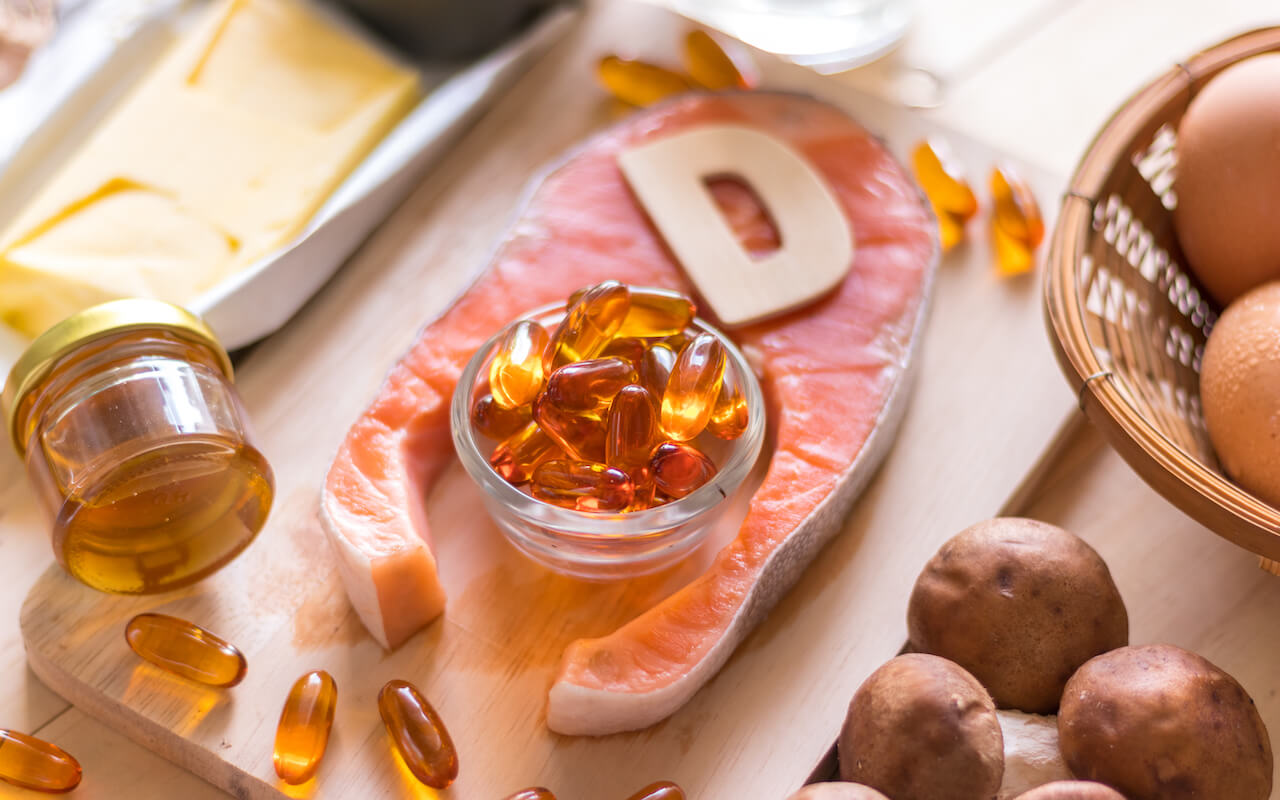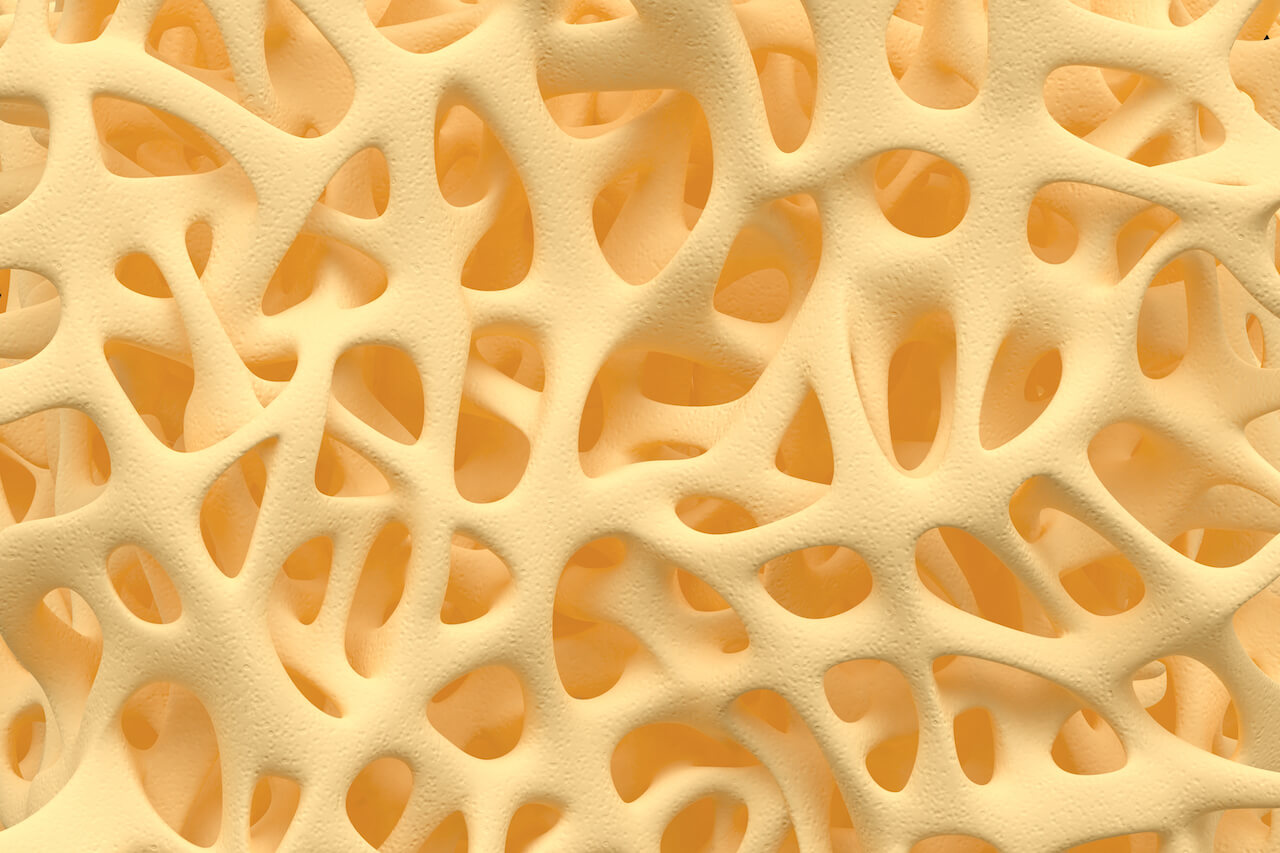The beneficial effects of vitamin C, or ascorbic acid, are well known among the public, but can very large doses of this valuable vitamin also help prevent or quickly get rid of a cold? This claim was made in the 1970s by two-time Nobel Prize laureate Linus Pauling, and this opinion is also widespread among many Estonians. Let's find out whether such claims have a scientific basis and how large a dose you should take.
Daily intake of vitamin C
Experts believe that vitamin C is one of the most effective and safest nutrients. Estonian national nutrition and exercise recommendations give a daily recommended intake of 100 mg/day for adults. Pregnant and lactating mothers need somewhat more, 110 mg/day. In addition to pregnant women, children also need higher amounts. smokers (30 mg/day more)The upper limit for vitamin C is 1000 mg/day, some sources say 2000 mg/day, but a daily intake exceeding 500 mg/day is generally considered very high.
Linus Pauling once suggested that the optimal daily intake could be 2,000 mg, but he believed that every adult should get at least 200–250 mg of vitamin C per day. In one interview, he mentioned that the first 250 mg are the most important. Each subsequent 250 mg/day has a progressively smaller effect.
The effect of vitamin C on colds
Since ascorbic acid has a positive effect on our immune system, it is logical to think that it also has some effect on colds. As for the so-called average people, the studies have not been so optimistic, but some measurable effect has been found. Taking large amounts of vitamin C (200–1000 mg/d) helps somewhat shorten the duration of colds.
This applies to normal adults, but what about athletes or people who work in high-intensity physical activities? It turns out that vitamin C is more beneficial in warding off colds when you are physically active than when you are just hanging out. A meta-analysis of three studies found that in case of heavy physical exertion There is significant benefit from vitamin C supplementation.
All three of these studies were placebo-controlled. The first involved school children at a ski camp in the Swiss Alps, the second involved military personnel training in northern Canada, and the third involved participants in a 90 km race. In all of these cases, vitamin C supplementation (600–1000 mg/day) significantly reduced the incidence of colds.
Difference in the effects of vitamin C on women and men
But there are also different results. One was done on athletes. Vitamin C effect study, which was also placebo-controlled, found that vitamin C supplementation (they administered 1000 mg/d) has some effect on colds, but it depends largely on gender. The study involved young swimmers of varying levels (average age 13.8) and found that vitamin C supplementation shortened the duration of colds by 47% in men, but had no effect in women. The same was true for the severity of the illness.
The effects of vitamin C on heart disease, stroke, and blood pressure
The Linus Pauling Institute recommends today for a healthy adult Daily dose of vitamin C 400 mg/day, which is a much more moderate recommendation than 2000 mg/day. However, they do not cite the effect against colds as a justification, but rather that 400 mg/day significantly reduces the risk of heart disease.
The effects of vitamin C on heart disease and overall mortality have been studied, although mainly in older people. For example, a study in India of urban people aged 50 to 84 with cardiovascular disease found that such people may indeed benefit from diets rich in vitamin C. antioxidant vitamins A, C, E and beta-carotene.
Another study looked at the association between stroke deaths and vitamin C. It was a 20-year study of 730 randomly selected men and women from the UK who had no symptoms of stroke or cardiovascular disease before the study. It found an association between vitamin C and stroke, namely: Adequate levels of vitamin C significantly reduced the risk of stroke death but – at least according to this study – did not affect mortality from cardiovascular disease.

A superficial comparison of individual studies may seem a bit contradictory and confusing. However, based on different studies, some commonalities can be seen. the relationship between vitamin C and coronary heart disease and overall mortalityIn addition, associations have been found between vitamin C and type 2 diabetes, coronary heart disease, stroke, blood pressure and heart failure sometimes.
The relationship between vitamin C and blood pressure has also been studied. One meta-analysis that summarized 29 controlled studies on the topic from 1966 to 2011 found that Vitamin C supplements have blood pressure-lowering properties effect.
The effect of vitamin C on cancer cells
Vitamin Cl also has a relationship with cancer. Several studies have found that low levels of ascorbic acid in the blood plasma are associated with an increased risk of cancer. For example, a study among lung cancer patients found that beta-carotene has a protective effect against lung cancer, and cryptoxanthin, alpha-carotene, and ascorbic acid have potential protective effects that should be further investigated.
You don't necessarily need to eat large amounts of supplements to reap the benefits of vitamin C. Adding 50g of fruits and vegetables to your daily diet will help you: the risk of dying from lifestyle diseases decreases in 20% and this regardless of age, cholesterol levels or lifestyle. The same study also found that vitamin C reduced the risk of cancer, but this association only held true for men. At least in this study, ascorbic acid did not reduce the risk of cancer in women.
Vitamin C deficiency
There are many symptoms of vitamin C deficiency.
Signs of vitamin C deficiency may appear in the following forms:
- small bruises begin to appear on the body,
- mood swings,
- you notice that your skin has become drier,
- gums may bleed,
- immunity has become weaker,
- wounds do not want to heal quickly,
- Joints swollen and painful.
Sources of vitamin C
As you can see, vitamin C is indeed beneficial in many ways and is relatively safe. Although vitamin C is absorbed just as well from supplements as it is from food, real food is still the preferred source. It is a water-soluble vitamin, which means that anything left over is excreted in the urine and you have to start all over again the next day.
Rich sources of vitamin C:
- rose hips (840 mg/100g),
- chili pepper (240 mg/100g),
- yellow bell pepper (205 mg/100g),
- fresh parsley (190 mg/100g),
- red pepper (185 mg/100g),
- nettle (175 mg/100g),
- dried mango (153 mg/100g),
- raw horseradish (152 mg/100g),
- black currants (150 mg/100g),
- sea buckthorn berries (140 mg/100g),
- red currants (134 mg/100g),
- sorrel (117 mg/100g),
- green pepper (115 mg/100g),
- kale (110 mg/100g),
- broccoli (106 mg/100g) and
- blackberries (100 mg/100g).
These are plants that contain more than 100 mg of vitamin C per 100 g. In addition to broccoli and kale, foods rich in vitamin C include other uncooked cruciferous vegetables such as Brussels sprouts, cauliflower, collard greens and white head cabbage; kiwi and other citrus fruits, gooseberries, raspberries and wild berries; spinach, leeks, asparagus, peaches, nectarines, etc.
Overconsumption of vitamin C
It's not a good idea to overdo any vitamin. Overconsumption of vitamin C can result in diarrhea.
We remind you that according to national dietary recommendations, the recommended daily amount of vitamin C is 100 mg. Studies show that even amounts 5–10 times higher than this have a positive effect on health. So let's enjoy fruits and vegetables, including berries, as much as possible. However, when preparing food, it must be taken into account that vitamin C is sensitive to heating and is destroyed by higher or longer heating. It is safest to consume natural sources of vitamin C raw.
If you still need to take supplements, the question arises: which supplement to buy? There are different forms of them: vitamin C powder, vitamin C capsules, and vitamin C in liquid form. You can get more information about them from your pharmacy.

Allan Randlepp
NutritionistAllan is a nutritionist and trainer whose favorite topics are lifestyle and longevity, including nutrition and physical activity.
Nutritional counseling





